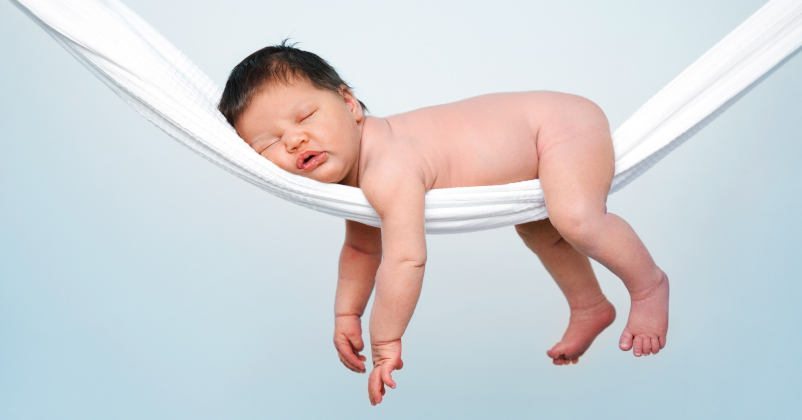
More than a third of Americans don’t get enough sleep, mostly due to stress, yet the pursuit of sleep itself can lead to stress and sleeplessness! Good sleep is vital for good health—using your chronotype can be a natural way to get the sleep you need.
What’s a Chronotype?
Your chronotype (AKA your “circadian rhythm” or “body clock”) is your natural inclination to sleep or be alert and active at particular times of the day (think “early bird” vs. “night owl”). It’s embedded in your genes and likely shared by other family members.
Your chronotype drives your natural sleep-wake cycle, and it changes with age. Children are mostly early birds—as parents know too well—but by the late teens to early twenties, most people have turned into night owls. As they age, adults gradually return to being early birds; by the time they’re grandparents, their chronotype tends to match the grandkids’. (Convenient!)
Which is Better Day or Night?
Early bird rhythms may match traditional work hours, but the night owl isn’t lazy just because their energy peaks later in the day (or at night). What’s important is whether your circadian rhythm is in—or out of—sync with your life. If you constantly feel tired and a little off your best game, you may be experiencing what sleep researcher Till Roenneberg has called social jet lag.
Roenneberg thinks that praising early risers and scorning late sleepers is a social holdover from outdated agrarian society, no longer applicable in today’s 24/7 culture. Human sleep patterns are biological, not signs of good (or bad) character—so it follows that if you could more closely sync your life with your natural chronotype, you’d have a useful advantage.
Adjust Your Chronotype and Sleep Better
When you can’t sync the rest of the world to your preferred sleep-wake cycle, there are solid strategies you can use—including supplements—to establish a healthy, restful sleep routine.
- Adjust your chronotype—especially for upcoming travel or a time change— by moving your wakeup and sleep times gradually, in 15- to 30-minute increments, over the course of a couple weeks. Starting your day an hour earlier or later may sync better with your sleep-wake cycle and help you feel more energetic throughout your day.
- Find your energy sweet spot and use it. Focusing on your most important work during your sharpest time may yield a noticeable difference in your productivity.
- Try a wise catnap: 30 minutes max, enough to refresh you without interfering with your sleep at night.
- You’ve got a bedtime routine, right? Experts agree that strong sleep habits can help you relax and release from the day.
- Get tomorrow off your mind by listing to-do’s and concerns on a pad and leaving it by the bed. (Good for jotting down dream-driven ideas, too.)
- Avoid sugary snacks before bed. If you’re hungry, try foods like cherries, tomatoes, walnuts, olives, strawberries, or milk. They contain melatonin, which can help you get sleepy.
- A melatonin supplement may help reset your body clock, especially when you’re traveling or adjusting to a new schedule. Melatonin tells your body what time it is and supports your body’s own timely melatonin production.
Consciously adjusting to your chronotype can help you fall asleep (and wake up) in your own natural rhythm and pay big dividends in health and happiness—isn’t that the ultimate goal?
Resources
Discover more about chronotypes and quality sleep in the resources that we tapped for this article. Good days and sweet dreams!
Eric Jaffee, “Morning People vs. Night Owls: 9 Insights Backed by Science,” 5/19/15. Accessed 1/17/19.
Greg Richter, “You’re Not Yourself When You’re Sleepy,” Penn Medicine News, PennMedicine.org, 7/17/17. Accessed 1/17/19.
Lindsay Kellner, “Is Sleep More Important Than Nutrition, Exercise & Mindfulness?” MindBodyGreen.com, 4/10/17. Accessed 1/17/19.
Maria Popova, “The Science of Internal Time, Social Jet Lag, and Why You’re So Tired,” 5/11/12. Accessed 1/17/19.
Wikipedia, “Chronotype,” Wikipedia.com, edited 1/17/19. Accessed 1/17/19.









